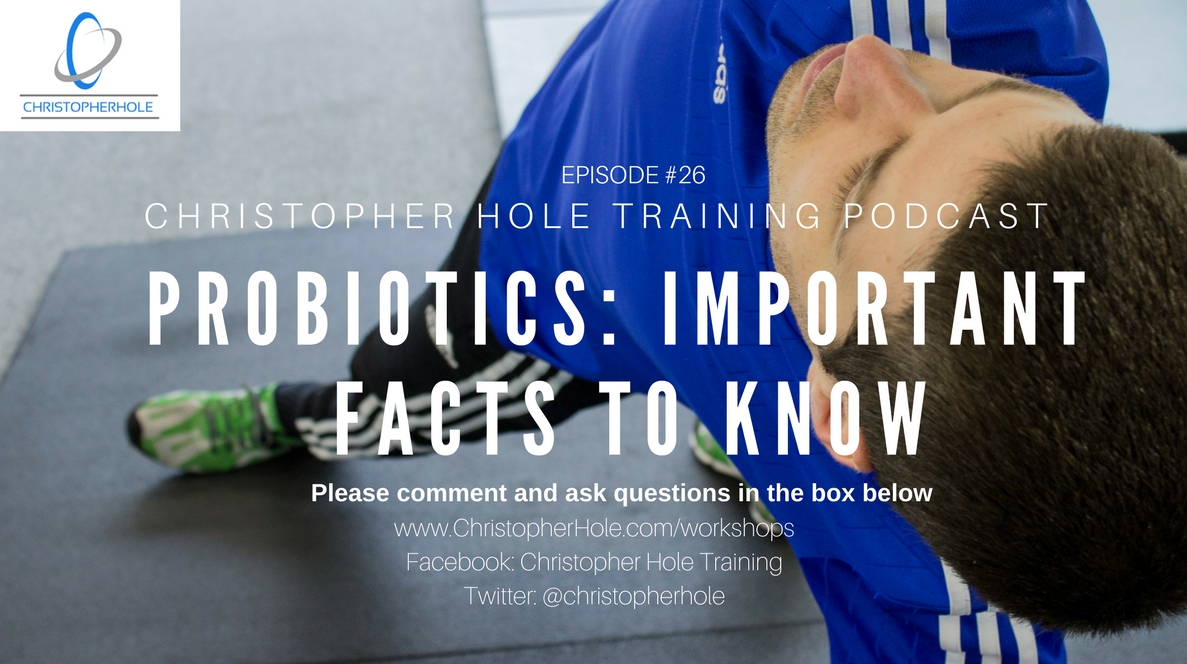
Probiotics: Important facts to know
Probiotics are the beneficial bacteria that live in your large intestine. If you look at the meaning of probiotics you begin to understand their importance to health; pro – before; bios – life They are the bacteria that feed on prebiotics; fibrous food material.
How are they made?
Most often, probiotics are created via fermentation within the large intestine. The origin of the word enzyme is Leaven; a substance that causes fermentation.
Why might we use them?
Fermentation is the rotting process and it’s completely natural. If you become congested & constipated it can help grow unbeneficial bacteria. These bacteria can contribute to a host of illness and conditions that aren’t beneficial to our health.
What do they do?
When we are congested & constipated food waste moves much slower through your system. Foods don’t breakdown as well and probiotics may help breakdown-undigested proteins in the short term. This unclogs your large intestine and your gut becomes healthier. Long term use can damage in the intestinal villi within the small intestine, the site where food absorbs into you body.
What else do probiotics do?
- help synthesize B and K vitamins
- enhance gastrointestinal motility and function
- enhance digestion and nutrient absorption
- obstruct the growth of “bad bacteria” and other pathogens
- help metabolize other plant compounds/drugs
- produce short-chain fatty acids (SCFAs) and polyamines
- produce coagulation and growth factors
- produce cytokines (cell signaling molecules)
- help regulate intestinal mucus secretion and ultilization
- help regulate blood flow to the viscera